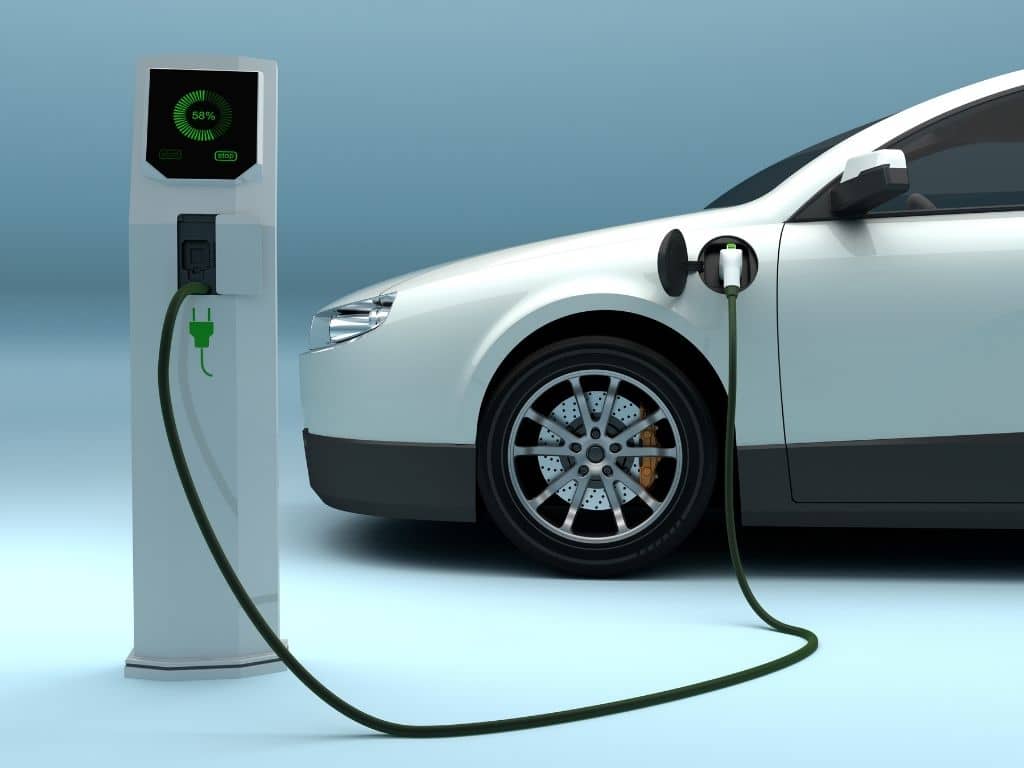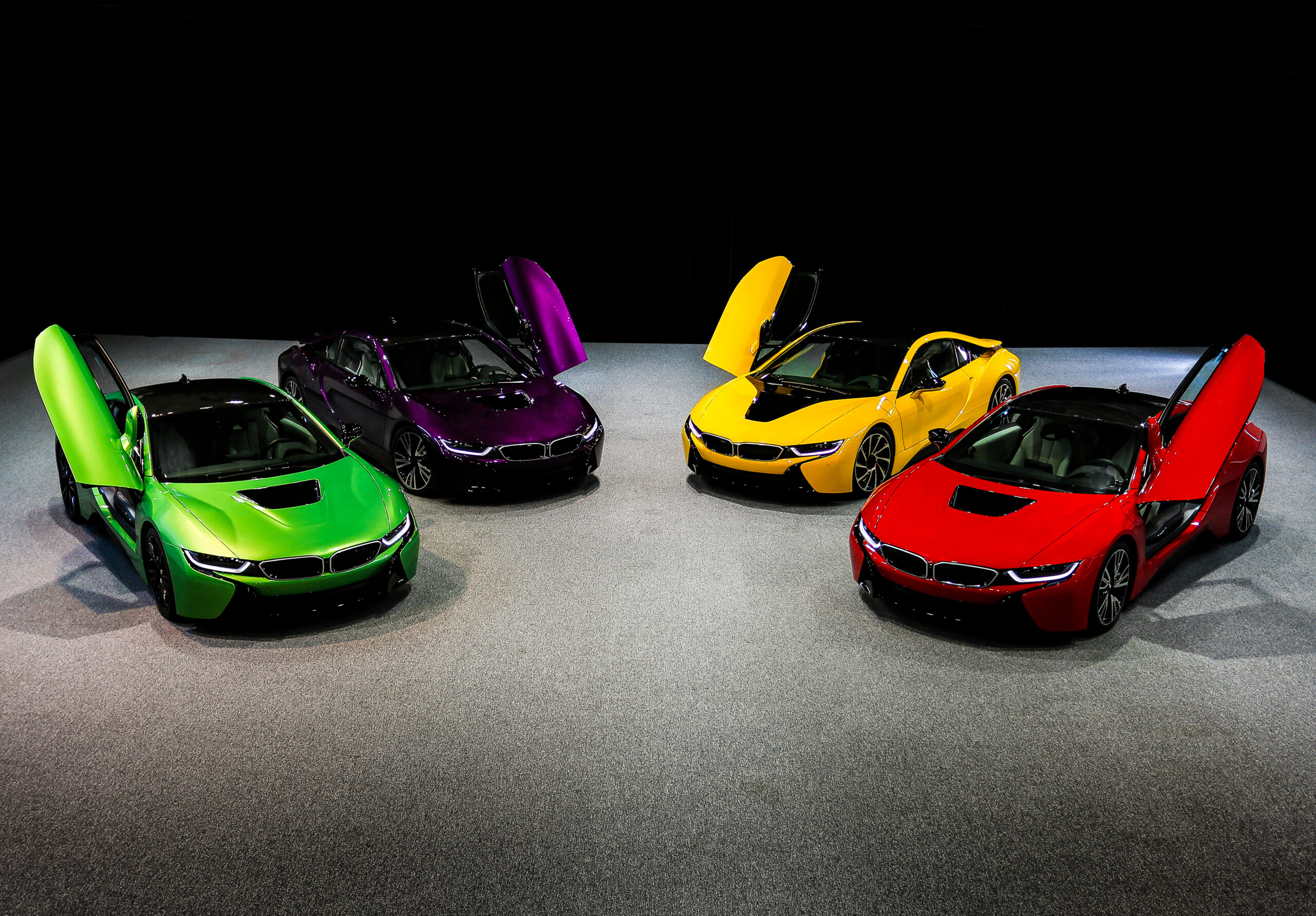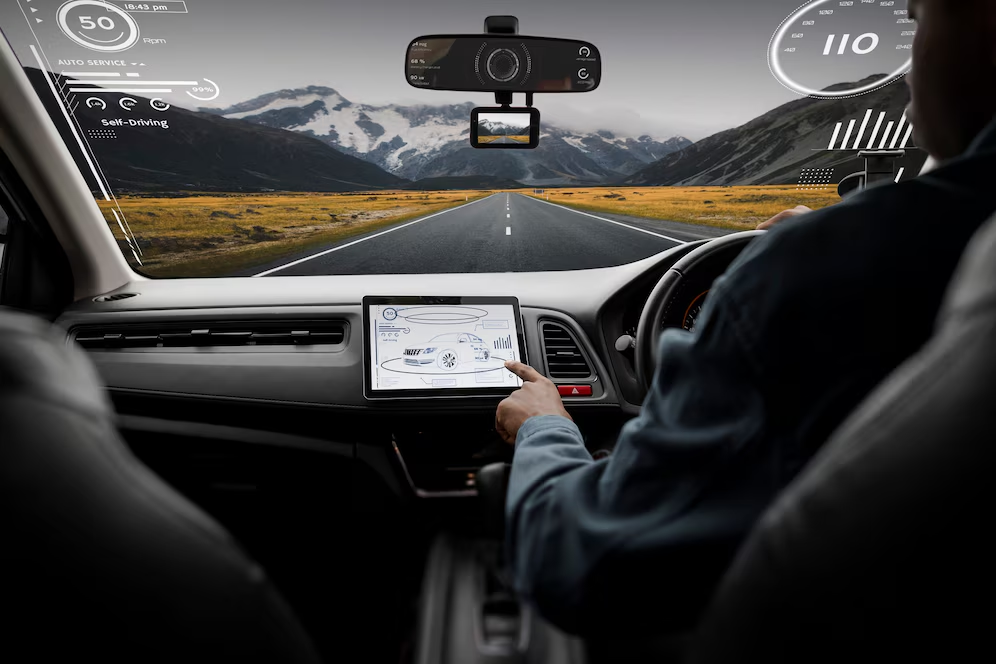Electric vs Hybrid vs Gas: Which One Should You Buy in 2025?
Introduction
With fuel prices fluctuating, climate concerns rising, and automakers offering more powertrain options than ever before, choosing between electric (EV), hybrid, and gas-powered cars in 2025 can feel overwhelming. Whether you’re looking for performance, savings, or sustainability, each type has its pros and cons.
Here’s a breakdown to help you make the smartest buying decision this year.
- Electric Vehicles (EVs)
Examples: Tesla Model 3, Ford Mustang Mach-E, Hyundai Ioniq 5
Pros:
- Zero emissions while driving
- Lower long-term operating cost
- Instant torque and smooth acceleration
- Less maintenance (no oil changes, fewer moving parts)
- Tax credits and local incentives (in many regions)
Cons:
- Higher upfront cost
- Charging infrastructure still growing in some areas
- Range anxiety on long trips
- Charging time longer than refueling
Best For:
Eco-conscious drivers, tech lovers, urban commuters with home charging options
- Hybrid Vehicles
Examples: Toyota Prius, Honda CR-V Hybrid, Hyundai Tucson Hybrid
Pros:
- Excellent fuel economy
- No need to plug in — charges itself through regenerative braking
- Smooth transition between electric and gas
- Lower emissions than pure gas cars
Cons:
- More complex drivetrain (can be costly if battery or system fails)
- Not as green as full EVs
- Limited electric-only range
Best For:
Drivers who want better fuel efficiency without relying on charging infrastructure
- Gasoline-Powered Vehicles
Examples: Toyota Camry, Ford F-150, BMW 3 Series
Pros:
- Usually cheaper upfront
- Easy to refuel — gas stations are everywhere
- Long range and fast refueling
- Wide selection of models and features
Cons:
- Higher fuel costs over time
- Regular maintenance (oil changes, exhaust, etc.)
- Emits CO₂ and other pollutants
- May face restrictions or higher taxes in future
Best For:
Long-distance drivers, rural residents, performance enthusiasts
Comparison Table
|
Feature |
Electric (EV) |
Hybrid |
Gasoline |
|
Emissions |
Zero |
Low |
High |
|
Fuel Cost |
Lowest |
Medium |
Highest |
|
Maintenance Cost |
Low |
Medium |
High |
|
Upfront Price |
High |
Medium |
Low |
|
Charging/Refueling |
Needs charging |
Uses gas |
Easy refueling |
|
Best For |
City/eco-conscious |
Balanced use |
Flexibility/power |
So, Which Should You Choose in 2025?
- Go Electric if you want to future-proof your purchase, enjoy lower running costs, and you have access to charging.
- Go Hybrid if you want a balance between efficiency and convenience, especially for mixed city-highway driving.
- Go Gasoline if you prioritize upfront affordability, long trips, or need high towing/payload capacity.
There’s no one-size-fits-all answer — but there’s a right choice for your lifestyle, location, and values. As automakers race toward electrification, even gas-powered cars are evolving. But for now, weigh the trade-offs carefully and make sure your car works for your daily reality — not just the trends.



